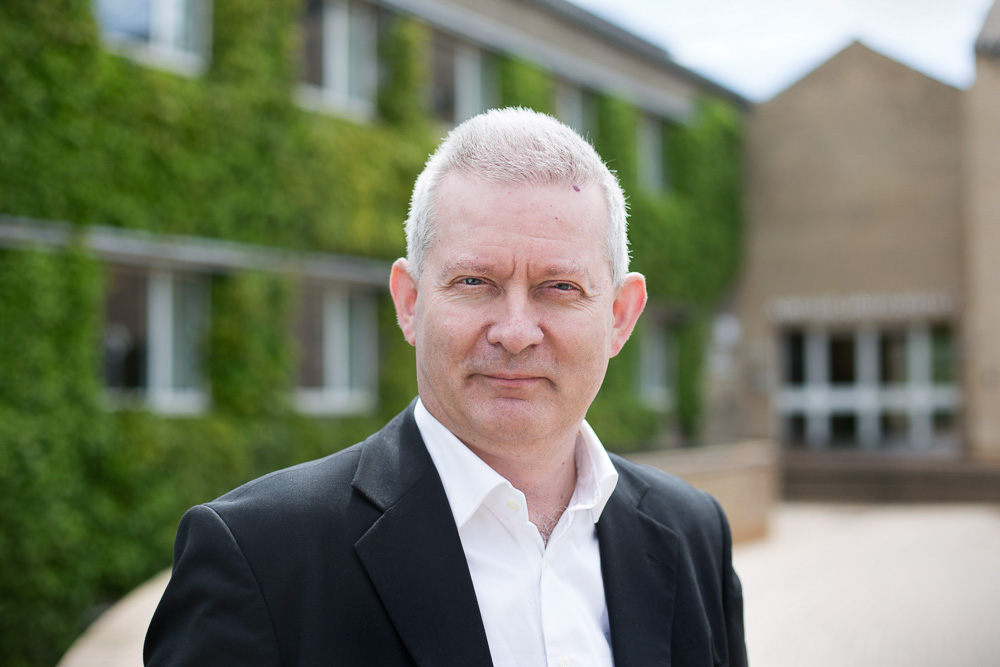Newsletter from the dean

Dear all,
We are currently faced with a proposed major reform of the Danish educational system. On 2 March, the coalition government launched its proposal ‘Forberedt på fremtiden’ (Prepared for the future). We had hoped the reform proposal would differ significantly from ‘Denmark can do more III’ and, not least, from the report ‘Nye reformveje 1’ by the Reform Commission. As some of you will know, Dean Rasmus Antoft from Aalborg University and I have argued that the Reform Commission’s proposal is characterised by a lack of insight into, among other things, circumstances relating to the humanities. Unfortunately, the government’s proposal closely resembles ’Nye reformveje 1’. It’s regrettable that a proposal as comprehensive as this is drawn up on such a weak knowledge base and without collaboration with the universities.
But this is our current reality. I always encourage you to keep a clear head and seek ways to influence the outcome, and I want you to know that we are mobilising all of our resources, internally and externally, to prevent this blow to the Danish educational system. Luckily, nothing is set in stone. Some sensible people behind the government’s proposal are willing to listen. Others are not.
In a previous newsletter, I wrote that the new minister for higher education and science is known to be open to dialogue. This still holds true. Rector Brian Bech Nielsen, who is also chair of the Rector’s Conference, is fighting to facilitate constructive dialogue with the ministry and politicians. We will have to see how far dialogue and common sense will take us, and whether the initial proposal will be maintained without amendments. We are keeping a constructive dialogue, but we are being very direct. I hope the ministry will involve Universities Denmark in substantive discussions before the final political decision is made. I can also guarantee that I will continue the discussion with the other humanities deans in the so-called HUM Task Force under the chairmanship of Rector of the University of Southern Denmark, Jens Ringsmose, in our aim to strengthen national collaboration.
I am mortified that so many decision-makers have forgotten the previous reforms they implemented. We receive a lot of input from people who fail to realise that as a consequence of the degree programme resizing and the relocation reform, admissions to the humanities have been reduced by almost 50 per cent. With the looming consequences of the forthcoming reform, we must adjust our activities in accordance with a four-year budget characterised by an appreciable loss of income towards 2026. This is the result of many years of degree programme resizing, relocation of student places, a decline in graduation completion rates and disappointing student intakes in 2021 and 2022.
It’s understandable if these two parallel processes appear confusing and energy-draining. But while we wait for the storm, we need to sort out the home front. Our initial plan was to take the first steps in late November, but in light of the many insecurities and the difficult situation at DPU, we decided to postpone the decision-making process until February 2023. At a seminar at Sandbjerg on 23-24 February, the faculty management team discussed the situation, and proposed measures were subsequently discussed at a meeting with FAMU/FSU on 28 February and at an extraordinary meeting with FSU on 9 March. The schools have now been asked to consider local initiatives towards 1 April when the faculty management team meets again to discuss the overall situation of all units in connection with the so-called ‘økonomirapport 1’ (financial report 1). On the basis of the report, the rector will discuss the financial status of the individual faculties with their respective dean.
In light of the uncertainties of the new reform, this is a difficult task. But we have already come a long way. After a difficult period in the autumn, DPU is now close to financial balance. Other initiatives have helped us along, but a lot of work still remains to be done for our faculty as a whole to come into balance. Solving this task is a prerequisite for the continued stability and development of the faculty.
It’s very important to me to acknowledge the great work you do, and to thank you for continuing to provide our students with fantastic teaching, contribute research and knowledge to society and maintain good collegial teamwork. Please keep up the good work.
The weather is still a bit grey, but just this morning, I pruned back the clematis in my garden in the sunshine among spring-flowering crocuses. And right now, sleet is pouring down. It’s almost symbolic. With due diligence, teamwork and long-term planning, we will weather through this storm and find solutions to the challenges we currently face – just like we have done before. My family's fig tree survived another winter, and so will the Faculty of Arts.
Best regards,
Johnny Laursen,
Dean